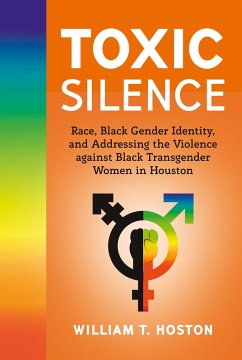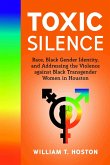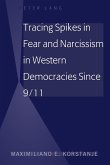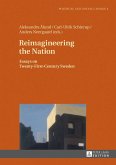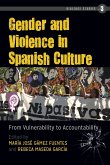Winner of the 2019 LAMBDA Literary Award in LGBTQ Studies!
Toxic Silence: Race, Black Gender Identity, and Addressing the Violence against Black Transgender Women in Houston contributes to a growing body of transgender scholarship. This book examines the patriarchal and heteronormative frames within the black community and larger American society that advances the toxic masculinity which violently castigates and threatens the collective embodiment of black transgender women in the USA. Such scholarship is needed to shed more light on the transphobic violence and murders against this understudied group.
Little is known about the societal and cultural issues and concerns affecting black transgender women and how their gender identity is met with systemic, institutional, and interpersonal roadblocks. During a time period in American history defined by Time Magazine as "The Transgender Tipping Point," black transgender women have emerged as social, cultural, and political subjects to advance our understanding of the lives of people who identity as a part of both the black and LGBTQIA communities. In the end, this book calls on the black community and culture to end the toxic silence and act instead as allies who are more accepting and inclusive of differing sexualities and gender identities in an effort to improve the generative power of black solidarity.
Toxic Silence: Race, Black Gender Identity, and Addressing the Violence against Black Transgender Women in Houston contributes to a growing body of transgender scholarship. This book examines the patriarchal and heteronormative frames within the black community and larger American society that advances the toxic masculinity which violently castigates and threatens the collective embodiment of black transgender women in the USA. Such scholarship is needed to shed more light on the transphobic violence and murders against this understudied group.
Little is known about the societal and cultural issues and concerns affecting black transgender women and how their gender identity is met with systemic, institutional, and interpersonal roadblocks. During a time period in American history defined by Time Magazine as "The Transgender Tipping Point," black transgender women have emerged as social, cultural, and political subjects to advance our understanding of the lives of people who identity as a part of both the black and LGBTQIA communities. In the end, this book calls on the black community and culture to end the toxic silence and act instead as allies who are more accepting and inclusive of differing sexualities and gender identities in an effort to improve the generative power of black solidarity.
"William T. Hoston's book is timely. With remarkable scholarship, it captures the black trans experience. Sadly, when I transitioned, everything about me vanished from the acceptance of mainstream society-my human right to identify as transgender, my education, my job skills, and my own life experiences as a human being. In the face of non-acceptance, I gained a new title, equal to that of the 'scarlet letter'-a 'black transgender woman.' A title that has become a part of my reintroduction into mainstream society, as well as, making me a target to those who see me as 'lesser than.' But I have persevered and remained resilient. This book provides a glimpse into the hardships of our lives." -Atlantis Narcisse, Founder of Save Our Sisters United (SOSU)

